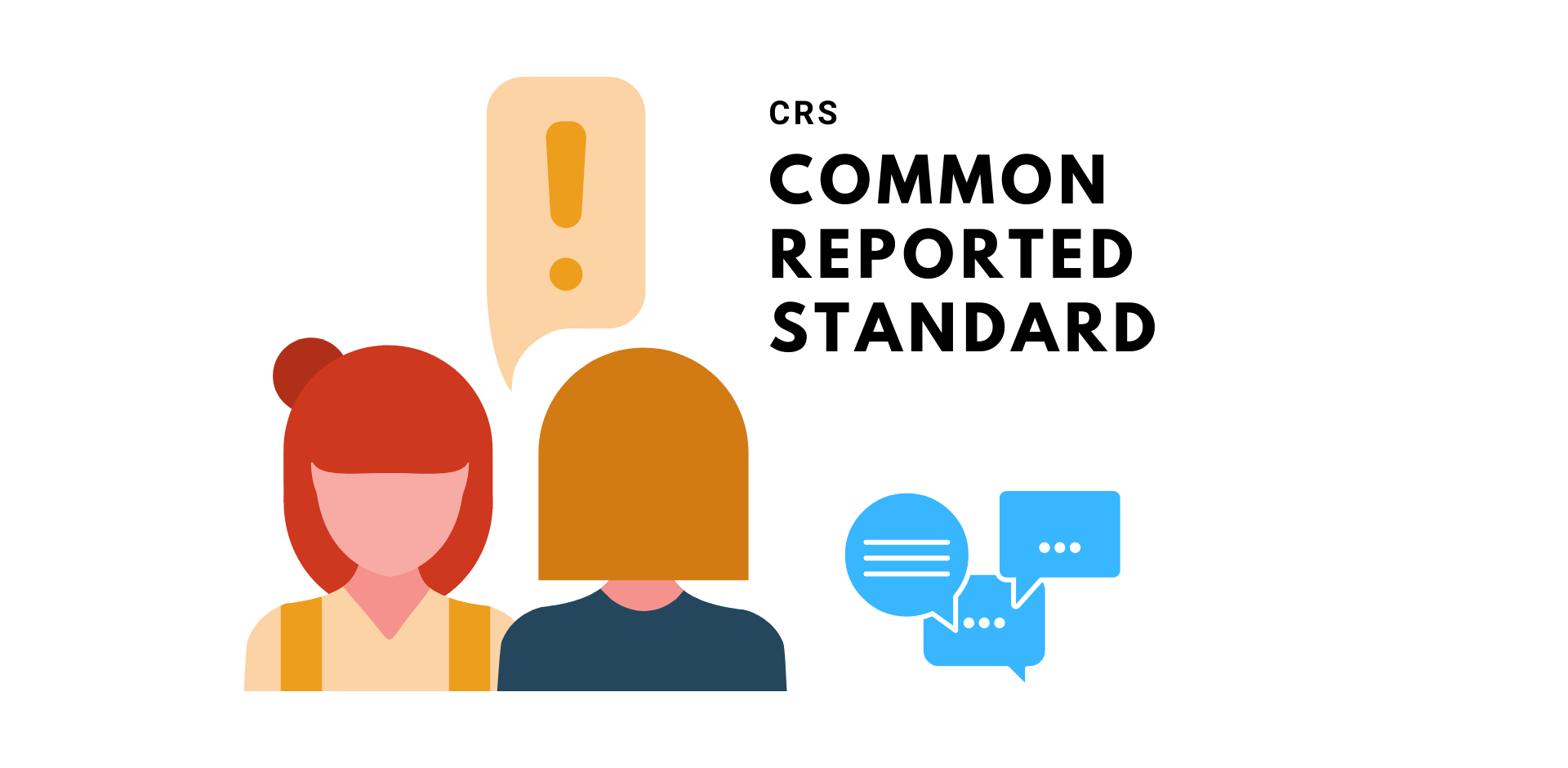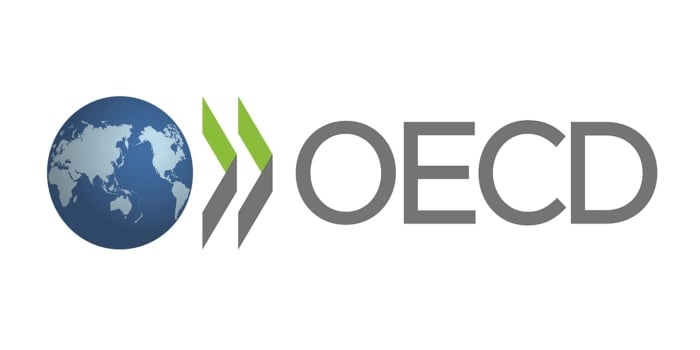Common Reported Standard (CRS)
The Common Reporting Standard (CRS), developed in response to the G20 request and approved by the OECD Council on 15 July 2014, calls on jurisdictions to obtain information from their financial institutions and automatically exchange that information with other jurisdictions on an annual basis.

Commonly known as the Common Reporting Standard (CRS), the global standard for automatic exchange of financial account information was developed by the Organisation for Economic Co-operation and Development (OECD) alongside G20 countries and in close cooperation with the EU and has come into effect in stages, beginning 1 January 2016 for early adopters.

Under CRS, jurisdictions obtain financial information from local financial institutions and automatically exchange that information with other countries on an annual basis.
Early adopters exchanged their first information by the end of September 2017 or September 2018 depending on when the financial institutions identified their reportable accounts.
The CRS has commonality with some EU directives and conventions, yet draws most heavily on the US’s Foreign Account Tax Compliance Act (FATCA) in a broader, more global sense. The standard consists of three components:
- The CRS, which contains the reporting and due diligence rules;
- The Model Competent Authority Agreement (Model CAA), which contains the detailed rules on the exchange of information, and;
- The OECD Commentaries, which provides additional guidance on local implementation of the CAA and CRS.
Under the CRS, Financial Institutions (FIs), including Investment Firms, domiciled in countries that implement CRS (e.g., in Estonia or Cyprus) are required to collect and review information from their clients in order to determine their tax residence. This information needs to be reported to the local tax department where, at a later stage, the information will be exchanged with other foreign tax authorities of the countries of tax residence of each client who holds an account, provided that they are tax residents of countries that also implement CRS.

The document containing the global standard for automatic exchange of financial account information sets out in Part I the introduction to the standard and in Part II the text of the Model Competent Authority Agreement (CAA) and the Common Reporting and Due Diligence Standard (CRS).
If you have yet to comply with the applicable specifics, AlphaUmi can assist you in assessing your group or company’s status and updating your company’s due diligence procedures.
Our multidisciplinary team can provide comprehensive and holistic solutions tailored to each client’s individual needs for a smooth CRS implementation. These include:
- Analysis of CRS’ impact on your business and its operations;
- Development of an action plan for compliance;
- Assistance in the implementation of internal CRS required procedures;
- CRS reporting;
- Providing support on CRS future requirements and developments, and;
- Training and education.






